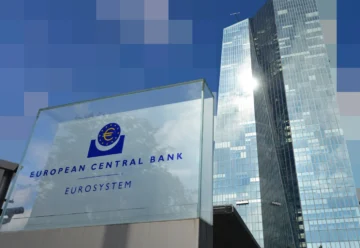Private Banks in El Salvador Allowed to Hold and Use Bitcoin and Other Crypto

El Salvador passed a law allowing private investment banks to hold Bitcoin and other digital assets on their balance sheets and provide cryptocurrency services to qualified investors.
The Legislative Assembly of El Salvador approved the Investment Banks Act, which classifies them as a separate category with different regulatory requirements compared to commercial banks. Under the law, investment banks may operate with digital assets if they obtain the appropriate license.
According to the new legislation, the minimum requirements for investment banks in the country include a share capital of at least $50 million. Additionally, clients eligible to use the services of such banks must have free assets of at least $250,000. These client assets may consist of cash or easily liquidated assets, including Bitcoin, stablecoins, tokenized bonds, gold, and others.
The law also stipulates that the functions of investment banks in El Salvador will include:
- issuing and placing securities;
- organizing mergers and acquisitions;
- consulting on large-scale projects;
- conducting P2P financing operations;
- working with digital assets under a digital asset service provider (PSAD) license.
According to Deputy Dania González, the new law opens the door for the creation of private “Bitcoin banks” in the country, fully focused on digital asset operations. She also noted that the initiative will primarily benefit El Salvador by attracting international private capital, allowing investment funds and large investors to use national structures as regional operational platforms. The official added that the measure is intended to strengthen El Salvador’s position as a new financial services hub for institutional clients.
El Salvador is actively developing international cooperation in the crypto sphere since adopting Bitcoin as legal tender in September 2021. For example, the country’s National Commission of Digital Assets (CNAD) recently signed an agreement with Banco Central de Bolivia (BCB) to exchange expertise.











